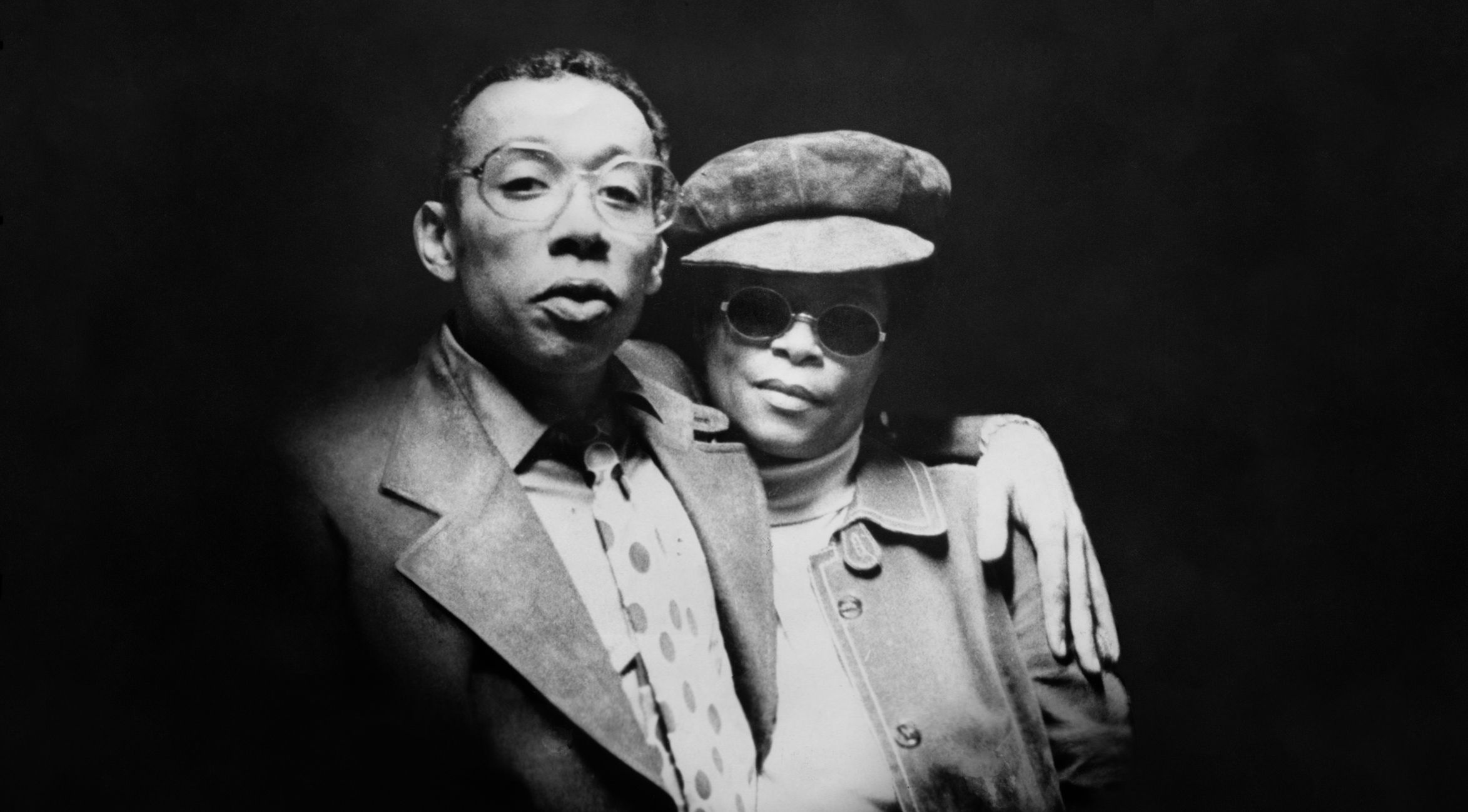Lee Morgan may not be the most popular name in jazz music, but his talent was exceptional. At just 18 years old, the trumpeter was playing with the likes of Dizzy Gillespie and making a name for himself as a musical force of nature. He quickly rose through the echelons of the genre only to succumb to the depths of heroin and lose his band along with all stability in his life. Eventually, it would be a woman who saved him, got him back on his feet, got him playing music and gigging again, and, finally, killed him. “I Called Him Morgan,” the new jazz doc from Kasper Collin, chronicles both Lee and his wife Helen, creating a lively and energetic portrait of music and love and the dark turn that eventually led to murder.
The first thing the film does right — and it does many — is follow the lives of both Lee and Helen instead of just focusing on the renowned musician. Lee’s story, for the most part, is told through the various living members of the bands that he played with throughout his short life: Charli Persip, Bennie Maupin, Billy Harper, Jymie Merritt, among others. Together, in one way or another, these men can account for most of the years of Lee’s adult life, as he graduated from one band to the next, started his own group, and slowly made a name for himself.
READ MORE: ‘La La Land’ Starring Emma Stone & Ryan Gosling Is An Absolute Triumph [Venice Review]
To tell Helen’s story, Collin tracked down Larry Reni Thomas, a teacher and radio host from North Carolina, who happened upon Helen in her later life and convinced her to sit down for an interview the month before she died in 1996. The taped interview, which hums and buzzes with intimacy, follows Helen through her rough upbringing — she had two children by the time she was 14, both of whom she gave up to her grandparents — to her escape to New York. Once settled in the city, Helen flourished, something many in the film recount with awe: Not only did she abscond with her country upbringing, but she was able to make a life for herself in New York, on her own, as a black woman in the 1950s. And after a while, Helen’s apartment became something of a gathering spot, with a revolving door of neighbors and local jazz musicians, everybody coming for Helen’s cooking and the sense of community she fostered in her home.
For all the struggle that these two separately faced, Collin manages to turn the first half of “I Called Him Morgan” into a boisterous film, and despite the fact that Lee’s murder is introduced in the opening minutes of the movie, there is a sense of excitement. In part, it comes from the joy of the company of jazz men recounting this era. But it also comes from the pictures and videos of Lee, who, throughout the early years of his life, wore such an indomitable, unguarded smile and his love of his music openly.
READ MORE: The 30 Most Anticipated Films Of The 2016 Toronto International Film Festival
Helen and Lee, of course, don’t meet until Lee has already destroyed his life, falling into addiction, selling off his possessions for heroin, and becoming infamous for not showing up to gigs. It’s easy to picture “I Called Him Morgan” beginning here, at this moment of downfall, when the two principal characters finally met, but it would have lost so much of the magic of these two individuals, and the importance, for both of them, to finally wind up together. Spending so much of the movie reveling in their lives apart only works to magnify the power of their coupling, the way it seemed to save them both. For Lee, Helen somewhat literally pulled him out of the gutter and got him clean and back into music. And for Helen, who was more than a decade Lee’s senior, she got something of a son.
It’s this careful focus, this unwillingness to accept the easy answer of the eventual tragedy that makes “I Called Him Morgan” so good. More than anything else, the film becomes a celebration of these two lives and the era of music that both created and destroyed them. To hear Helen recount shooting Lee, and the pain in her voice, there is almost no room for anger or outrage, which is Collin’s greatest success.
Lensed in part by Bradford Young, “I Called Him Morgan” is as beautiful to look at as it is to hear, and boy, is it beautiful to hear. Collin’s previous film, “My Name Is Albert Ayler,” another look into the short life of a vibrant jazz musician, proved just how deftly he could put together a music-filled movie, and he’s done it again here, creating a lean, thumping excursion into the life of a legend. [A-]
Click here for our complete coverage of the 2016 Toronto International Film Festival





